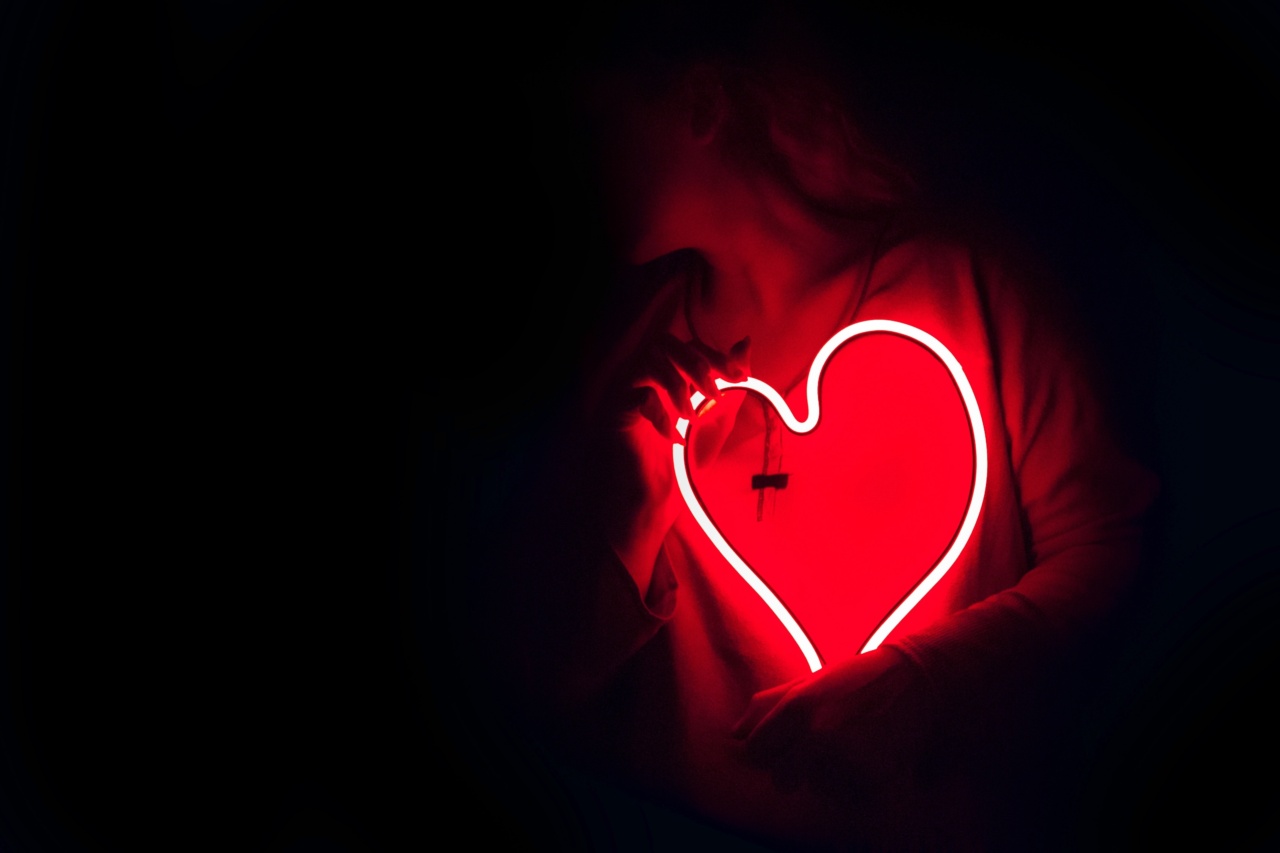Heart blasts, also known as heart explosions or cardiac explosions, are rare but extremely dangerous medical emergencies that occur when there is a sudden release of energy within the heart.
This can lead to severe damage to the heart muscle and surrounding blood vessels, causing life-threatening complications. While heart blasts are rare, understanding their causes and learning how to handle them can help save lives.
In this article, we will explore the various factors that can contribute to a heart blast and discuss effective strategies for managing this critical condition.
Understanding the Heart
The heart is a vital organ responsible for pumping oxygenated blood throughout the body, ensuring that every cell receives the necessary nutrients and oxygen.
Comprised of four chambers – two atria and two ventricles – the heart contracts rhythmically to circulate blood. This intricate process involves a complex interplay of electrical signals, hormones, and mechanical forces.
Potential Causes of Heart Blasts
While heart blasts are not common occurrences, certain factors can contribute to their development. The following are some potential causes:.
1. Heart Attacks
A heart attack, also known as a myocardial infarction, occurs when blood flow to a section of the heart muscle is blocked.
This blockage can be a result of a blood clot or plaque buildup in the coronary arteries, which supply oxygenated blood to the heart. If not promptly restored, blood flow interruption can result in tissue damage or death, leading to a heart blast.
2. Cardiomyopathy
Cardiomyopathy refers to diseases of the heart muscle that weaken its ability to pump blood effectively. This condition can be caused by various factors, such as genetics, infections, drug abuse, or autoimmune disorders.
In severe cases, cardiomyopathy can lead to heart blasts due to the compromised structure and function of the heart.
3. Congenital Heart Defects
Congenital heart defects are structural abnormalities present at birth that affect the normal functioning of the heart. These defects can disrupt blood flow, creating pressure imbalances within the heart chambers.
Over time, these imbalances can lead to heart blasts and other life-threatening complications.
4. Electrical Abnormalities
The heart’s electrical system coordinates the rhythm and timing of its contractions. Various conditions, including arrhythmias or abnormalities in the heart’s electrical pathways, can disrupt this electrical system.
When the heart’s electrical signals are not properly regulated, it can result in erratic contractions and potential heart blasts.
Handling a Heart Blast
Immediate medical attention is crucial in handling a heart blast. Time is of the essence, and the following steps should be taken:.
1. Call for Emergency Medical Assistance
If you suspect someone is experiencing a heart blast, dial your local emergency number without delay. It is essential to seek professional medical help as soon as possible to increase the chances of a positive outcome.
2. Perform CPR
Cardiopulmonary resuscitation (CPR) involves providing chest compressions and rescue breaths to a person in cardiac arrest. If you are trained in CPR, start performing it immediately while waiting for medical professionals to arrive.
CPR can help maintain blood flow and oxygen supply to the vital organs, including the heart and brain.
3. Use an Automated External Defibrillator (AED)
If one is available nearby, follow the instructions and use an AED to deliver an electric shock to the heart. AEDs are designed to safely restore normal heart rhythms and can significantly increase the chance of survival during cardiac emergencies.
4. Administer Medications
Medical professionals may administer emergency medications, such as antiarrhythmics or clot-busting drugs, to stabilize the heartbeat or dissolve blood clots causing the heart blast.
5. Surgical Intervention
In some cases, emergency surgery may be necessary to repair damaged arteries, remove blood clots, or correct other underlying issues contributing to the heart blast.
Surgery aims to restore blood flow, repair structural abnormalities, and prevent future occurrences.
Preventing Heart Blasts
While not all heart blasts can be prevented, certain lifestyle modifications can help reduce the risk. Here are some essential tips:.
1. Healthy Diet
Adopt a well-balanced diet rich in fruits, vegetables, whole grains, lean proteins, and healthy fats. Limit consumption of processed foods, excessive sodium, and added sugars.
2. Regular Exercise
Engage in regular physical activity, such as brisk walking, jogging, swimming, or cycling. Aim for at least 150 minutes of moderate-intensity exercise or 75 minutes of vigorous exercise per week.
3. Quit Smoking
Smoking is a significant risk factor for heart disease. Quitting smoking is one of the most impactful lifestyle changes you can make to improve your heart health.
4. Manage Stress
Practice stress-reducing techniques like deep breathing exercises, yoga, meditation, or engaging in hobbies to manage daily stress. Chronic stress can contribute to heart problems over time.
Conclusion
Heart blasts are rare but life-threatening emergencies that require immediate medical attention.
Being aware of potential causes, knowing how to handle such situations, and adopting a heart-healthy lifestyle can contribute to the prevention and management of heart blasts. By prioritizing heart health, we can work towards reducing the occurrence of heart blasts and safeguarding our overall well-being.























